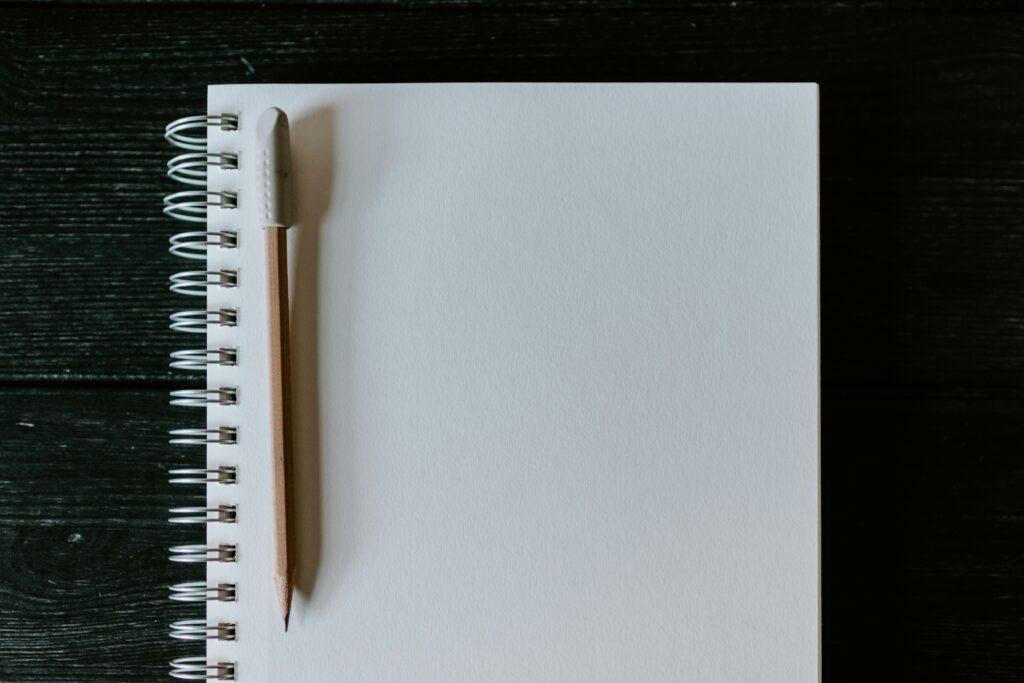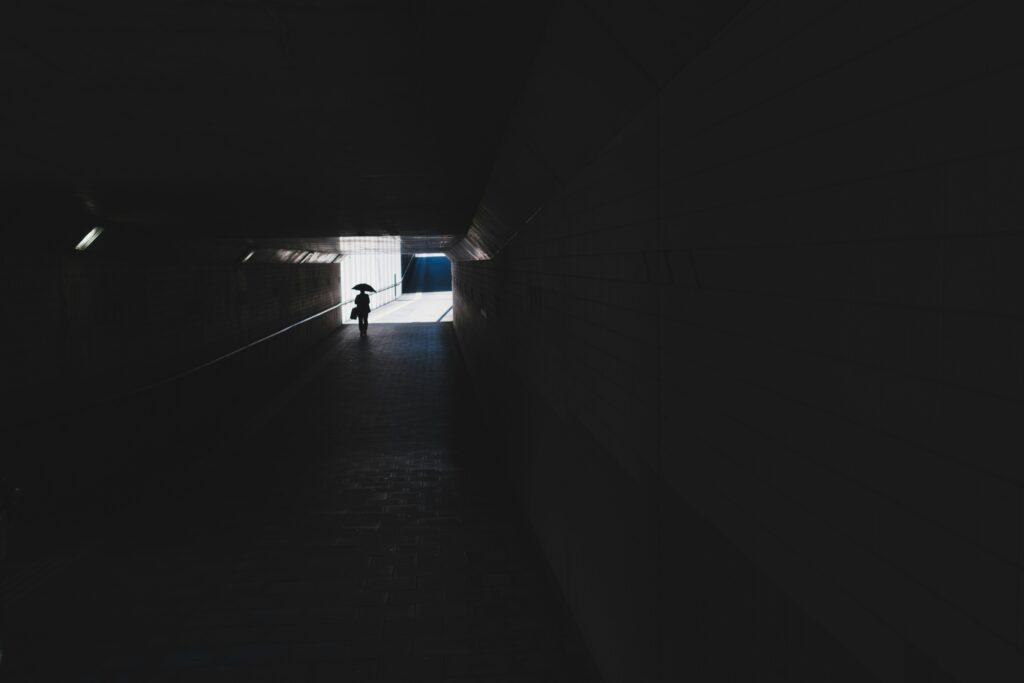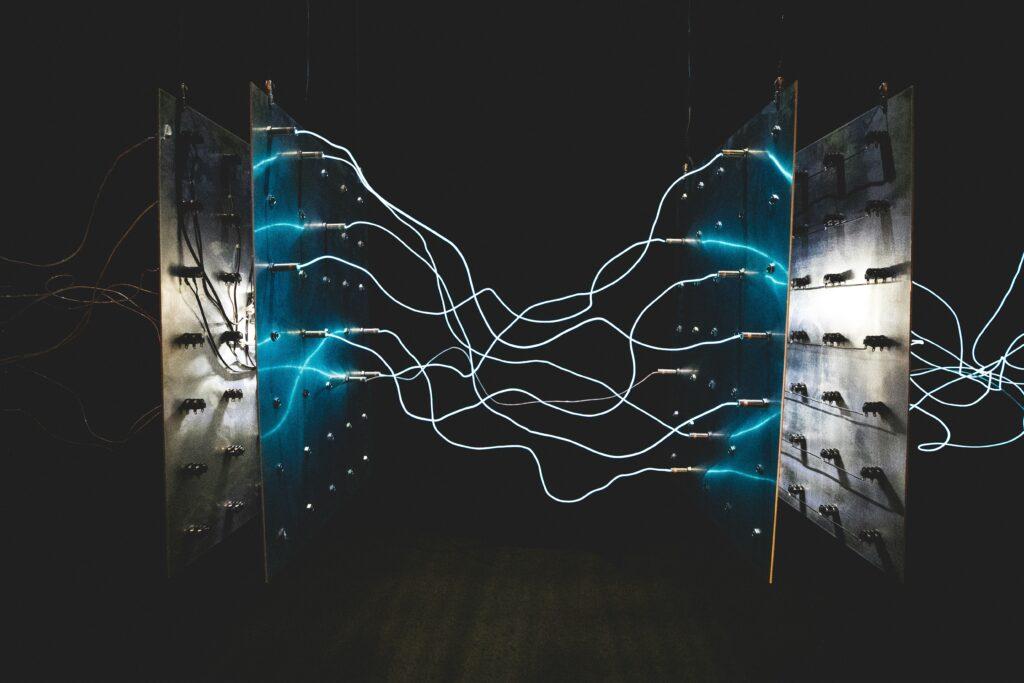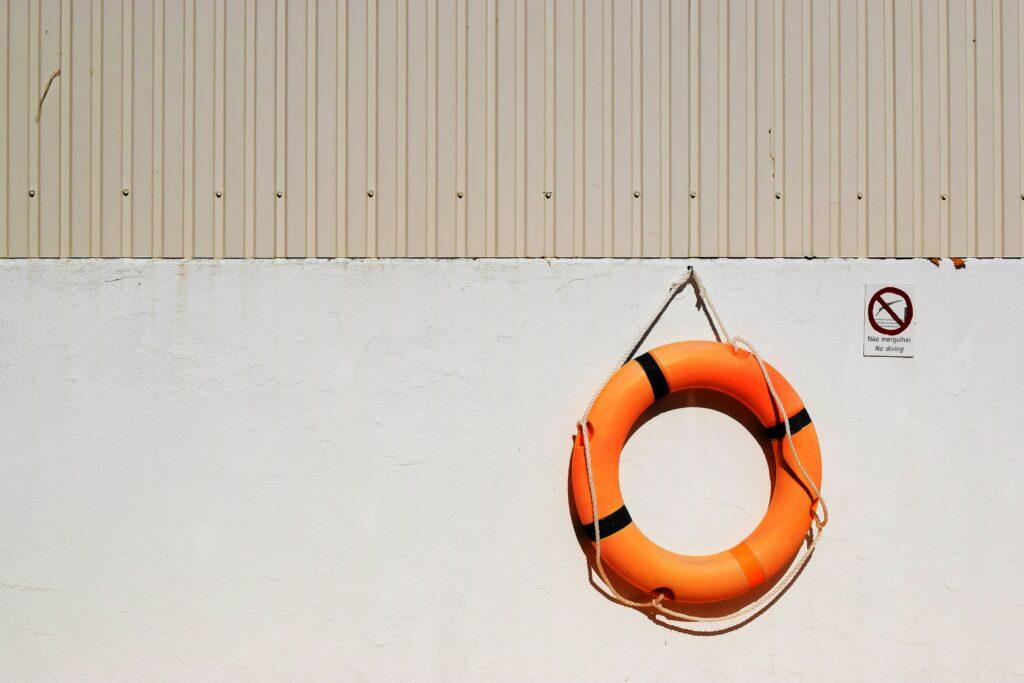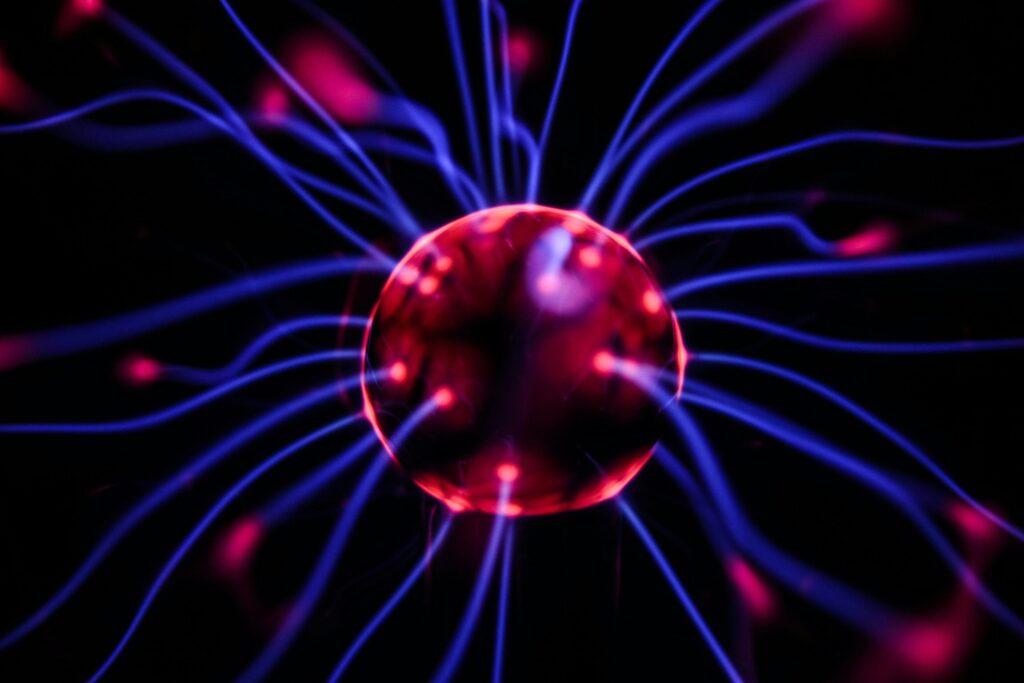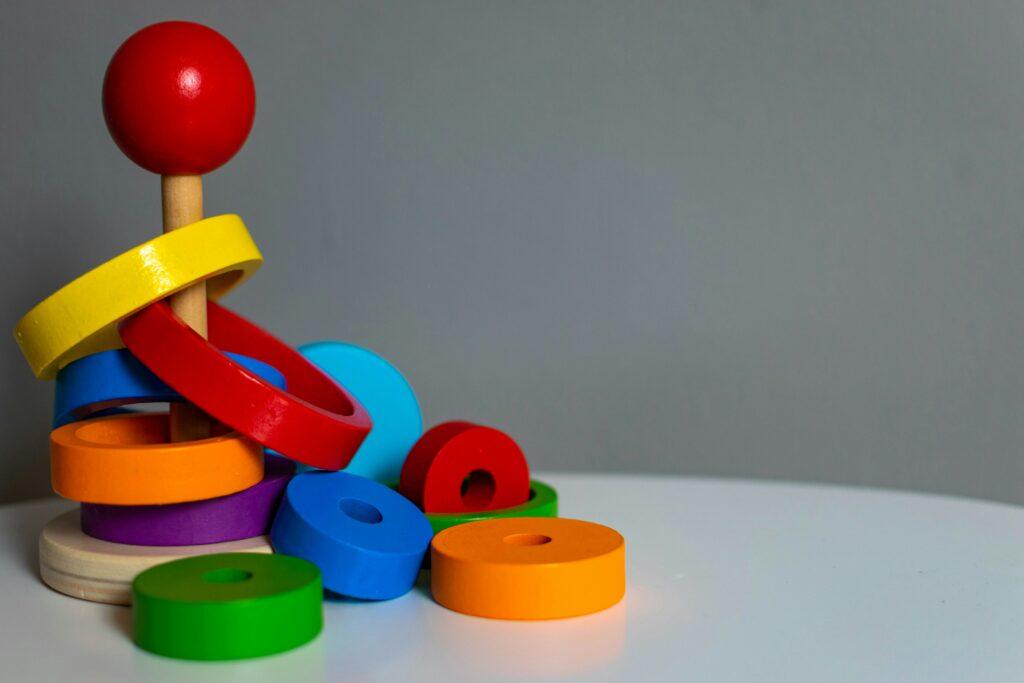
Photo by Pierre Châtel-Innocenti on Unsplash
We can get stuck in the endless frame of asking ‘why’.
I’m upset – why do I feel this way?
What do I need to change to make things better?
Is there maybe something I’m missing?
These questions can be genuinely valuable. But it’s also helpful to recognise that not everything needs a deep analysis.
Sometimes we wake up tired or sad without any clearly discernible reason.
In our need to understand why, we can often end up spending more mental energy trying to connect the dots of our life than it’s actually worth. We end up feeling more tired, sad and probably stressed after finding a rational answer which only serves to remind us of our woes.
Maybe the reason we’re tired today is just because the sun woke us up earlier through the blinds this morning. It doesn’t always need to be linked to some deep, dark trauma. Chances are that if it is something deep, this will become evident anyway. I find that these realisations tend to come when I’m not searching for them, but instead when I’m open and listening to my emotions.
The theme of this week was inspired by Yung Pueblo, a writer around healing and mental health. I saw a video of him speaking about this topic on Instagram. He spoke of how his wife and himself used to go through the cycle of finding reasons to blame the other when they felt down or upset about something. The video itself was only a short snippet, but it definitely resonated.
I have a tendency to look deep into the meaning of things. It’s certainly helped me uncover a lot about myself, and I do like my inquisitive and curious nature.
But it’s also important for me to recognise when my ‘need’ to understand can be counterproductive. When I try and understand why, my brain often takes over. Going into rational mode can often come at the behest of listening and feeling to what the emotions are really saying.
Yesterday, I felt incredbily anxious. I was walking around on a sunny day in the neighbourhood I’ve lived in for several years. I found myself quickly retreating home after feeling overwhelmed by the outside stimuli. The fact I had this intense burst of anxiety certainly took me by surprise.
It’s hard to rationally say why this happened. I hadn’t done anything particularly anxiety inducing yesterday. Even if I rack my brains, it’s not totally clear where it came from.
So rather than spend too long agonizing about the why, I just chose to not think about it too deeply. I got into a cosy position at home and simply surrendered myself to the feeling.
I find that listening to my emotions is a far better way of regulating my emotional wellbeing than trying to explain them. But it’s also more painful – experiencing anxiety is not fun, and it’s certainly tempting just to try and distract myself from it to reduce the intensity. But I think these feelings come up one way or another, so it’s better to experience them rather than try and avoid them.
Alas, the feeling passed. I woke up today feeling a lot more relaxed. I cannot explain what changed. But then, I also don’t need to. I can be grateful for feeling better today without needing to analyse why.

